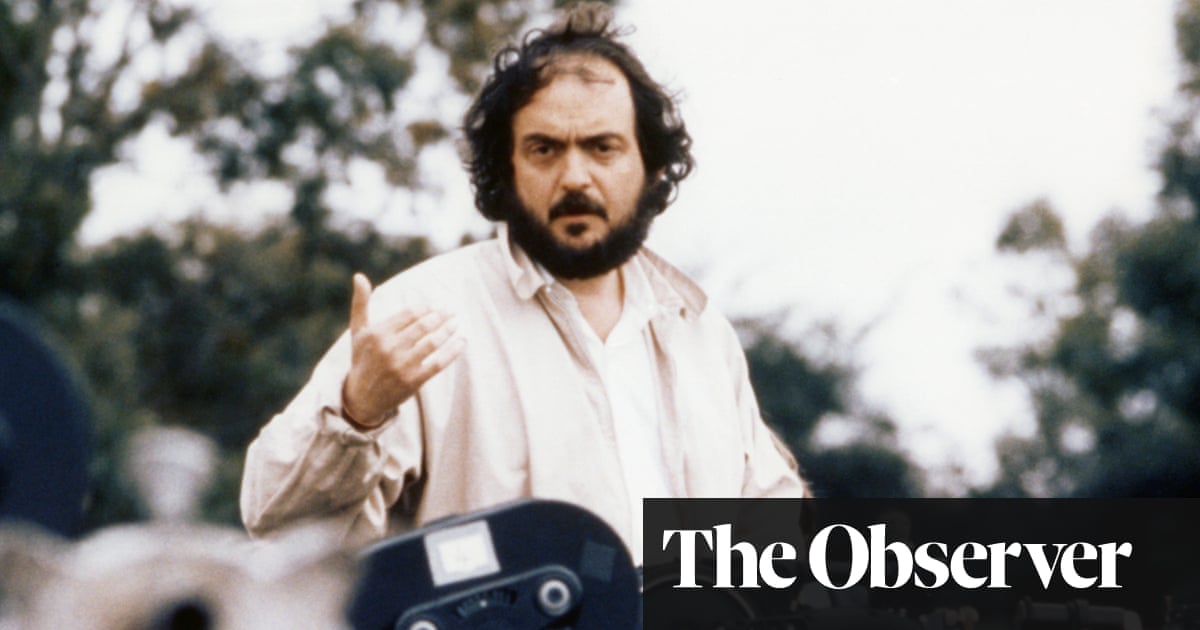Stanley Kubrick, the relentless perfectionist who directed some of cinema’s greatest classics, was so sensitive to criticism that, in 1970, he threatened legal action to block publication of a book which dared to discuss flaws in his films.
The director of Spartacus and 2001: A Space Odyssey, warned the book’s author and publisher that he would fight “tooth and nail” and “use every legal means at his disposal” to prevent its publication – and he did.
Now, 25 years after his death, the book Kubrick did not want anyone to read is being published, more than half a century late.
The Magic Eye: The Cinema of Stanley Kubrick by Neil Hornick now has three prefaces reflecting its subject’s ruthlessness in trying to block publication and control his image.
Hornick, now 84, from London, said Kubrick’s legal threats had come as a shock: “I regard it as a painful episode.”



My primary complaint about Kubrick is that, despite all his accolades as an auteur… Virtually all of his films are adaptations of other works.
The closest he comes to an actual original work is 2001, but even that has a basis in a few short stories, and Clarke collaborated on the film, producing the novel at the same time.
I don’t know why that would be a complaint. A directors job isn’t to write a screenplay, let alone an original.
A director, yes, but the Kubrick fanbase elevates him above being a mere director which is why I used the word “auteur”.
https://www.merriam-webster.com/dictionary/auteur theory
The same is true about Shakespeare. Almost all of his plays are derivative.
I mean, most of those “adaptations” are extremely loose, his movies differ wildly from their source material in most cases